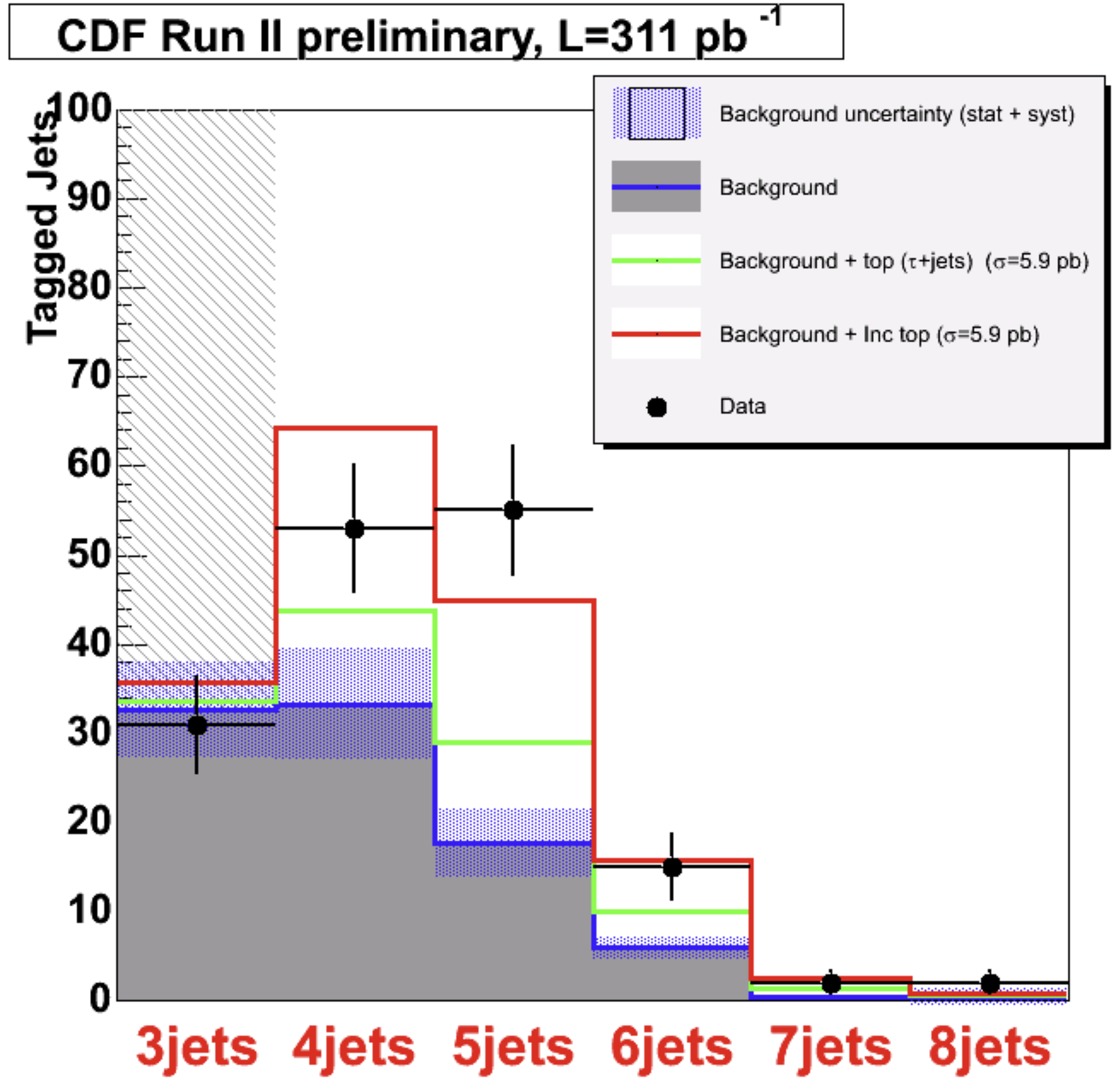Shares of small and mid-sized banks in the Nifty Bank index including IDFC First Bank, AU Small Finance Bank (SFB) and IndusInd Bank have tanked by as much as 29-40 per cent on a year-to-date (YTD) basis in the current calendar year on account of higher stress in unsecured segment and weak earnings outlook, analysts say.
“Shares of mid-sized lenders like IndusInd Bank, IDFC First Bank, Bandhan Bank, Kotak Mahindra Bank and RBL Bank have not fared well in current year due to the stress in the MFI sector and its impact on asset quality, while for Kotak there is an active RBI directive hurting business growth,” said Nitin Aggarwal, Head-BFSI, Institutional Equities at Motilal Oswal Financial Services.
Asset quality, profitability concerns
Concerns on these banks’ unsecured loans, he says, will have an impact on their profitability going ahead. While micro loan sector is expected to recover in Q4FY25, Q3FY25 numbers are not as bright as expected a quarter back.
“Mid-sized banks which have done well have reported strong profitability and growth numbers. These include Federal Bank, City Union Bank to be some extent, and Karur Vysya Bank. Among large banks, shares have risen of those who kept performance steady,” he said.
Challenges
According to Dnyanada Vaidya, Research Analyst – BFSI, Axis Securities, most of 2024 was characterised by challenges on deposit mobilisation and margin pressures for banks. “We believe mid-sized banks’ NIM compression was marginally higher vs larger banks, owing to elevated cost of funds with a lower share of CASA deposits and continued deposit repricing alongside some impact of reclassification of penal interest as penal charges. Additionally, certain mid-sized banks have also seen credit growth momentum decelerate,” she said, adding that Opex ratios continued to remain higher for most mid-sized banks, given continued investments in franchise and tech, which weighed on earnings.
HDFC Securities’ Head of Research Deepak Jasani shared similar views. He said that SFBs and mid sized private banks have suffered lately due to high deposit rates. Their deposits rate are 100-120 basis points (bps) higher than that offered by the large banks, impacting their net interest margin (NIM), a core indicator of banks’ profitability.
“Banks who have a large exposure to microfinance loans have been at the receiving end of asset quality issues due to over leveraging by borrowers. This has resulted in higher delinquencies and lower collection efficiencies. Return ratios of these banks are also impacted due to lower NIMs and high provisioning,” he said.
2025 Outlook
According to Aggarwal,while public sector bank (PSB) earnings are holding up well, cyclical concerns due to lower economic growth may lead them to monitor segmental credit cost, especially in SME and MSME segments, due to their volatile cash flows. “Regulatory guidelines like ECL provisioning will have bearing on PSBs. Overall, from earnings standpoint, PSBs are well poised at least in FY25 and you will see maybe marginal earnings cuts in FY26-27,” he said.
“Banks like RBL, Bandhan, IndusInd, IDFC First can see double digit earnings cuts, and larger banks will see moderate cuts,” he added.
State Bank of India (SBI) remains the top pick for HDFC Securities, while Axis Securities prefers ICICI Bank, SBI, HDFC Bank, Federal Bank and City Union Bank.
“We are more positive on the private banks as compared to the public banks due to the fundamental performance of the banks and the gain in the market share by the private sector banks. In the large-cap private banks, we like ICICI Bank, Axis Bank and HDFC Bank while in the small-cap banks, we are positive on City Union Bank and Karur Vysya Bank,” said Akshay Tiwari, BFSI analyst, Asit C Mehta Investment Intermediates.









Leave a Comment